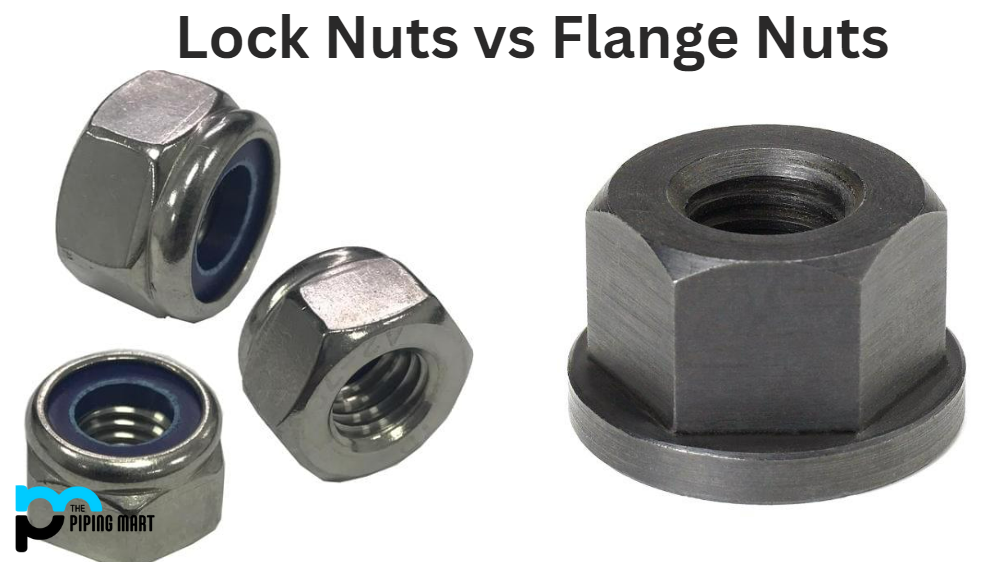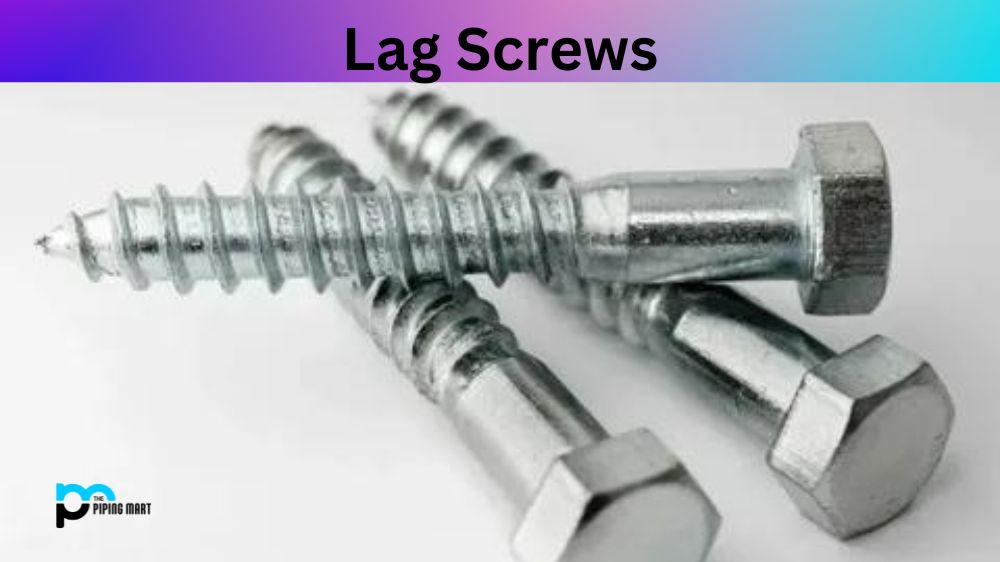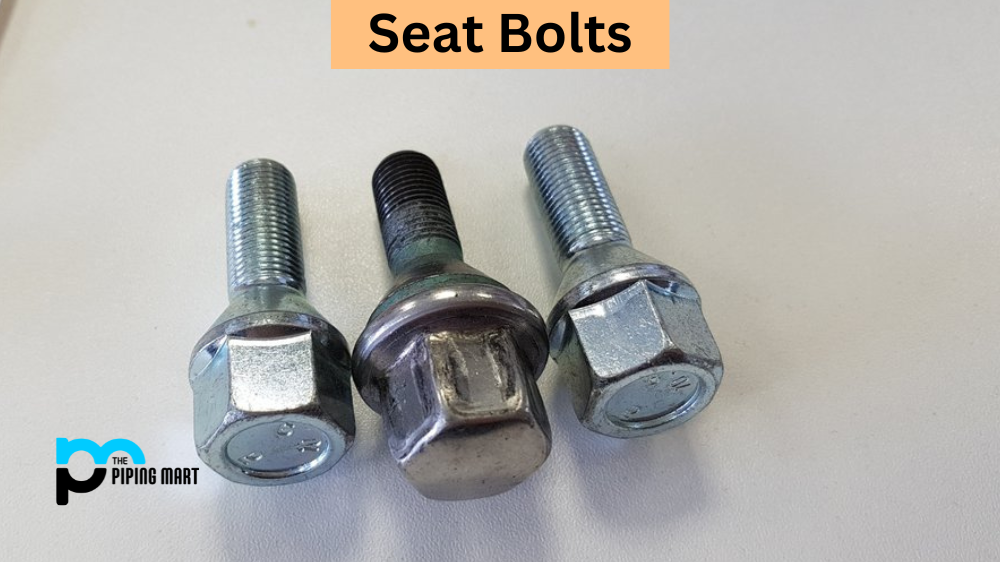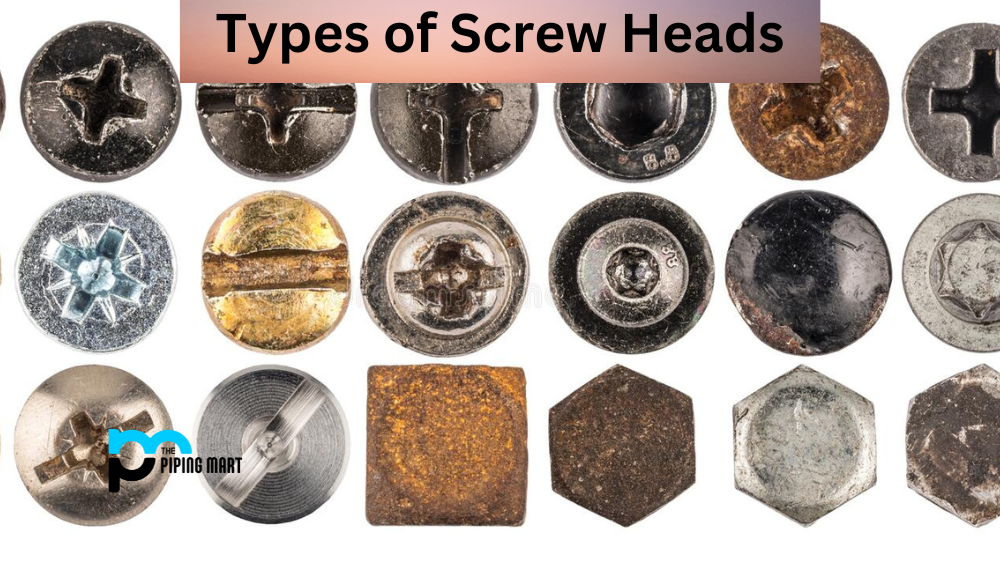Like most DIYers, you have a toolbox full of nuts and bolts. But do you know the difference between a lock nut and a flange nut? Understanding the difference between these two types of nuts can be the key to completing your project. Let’s take a closer look at what sets lock nuts and flange nuts apart from each other.
Lock Nut
A lock nut is designed to keep screws or bolts in place by using internal threading that locks into place as soon as it is tightened. It has ridges on the outside of its body that grip onto surfaces. This makes them ideal for applications where a bolt needs to stay in place without constantly re-tightening. Lock nuts are typically used with wood, plastic, steel, or aluminium. They come in various sizes and are often used with washers to ensure even more secure fastening.
Flange Nut
Flange nuts are similar to lock nuts but do not feature any internal threading. Instead, they use an external collar known as a flange which creates friction on both sides of the surface being fastened. This provides additional stability compared to lock nuts, making them ideal for use on more slippery surfaces such as metal or concrete. Unlike lock nuts, flange nuts usually require washers for proper installation due to their larger size and increased weight.
Difference Between Lock Nut and Flange Nut
- A lock nut, also known as a locking nut, is a type of nut that is used to secure a bolt or screw in place.
- A flange nut is a type of nut with a flange on one end that distributes the load evenly.
- Lock nuts are made from steel or nylon, while flange nuts are made from brass or stainless steel.
- Lock nuts are available in various sizes and thread types, while flange nuts are available in a limited number of sizes and thread types.
- Lock nuts are typically more expensive than flange nuts.
- Lock nuts are typically easier to install than flange nuts.
Conclusion:
Now that you know the difference between lock nuts and flange nuts, you can make sure you choose the right one for your next project! Whether you need something that offers extra stability or something that can stand up against vibration, there is an option out there for you! With this knowledge in hand, all DIYers should now be able to tackle any project requiring either type of nut confidently!

Abhishek is a seasoned blogger and industry expert, sharing his insights and knowledge on various topics. With his research, Abhishek offers valuable insights and tips for professionals and enthusiasts. Follow him for expert advice on the latest trends and developments in the metal industry.




